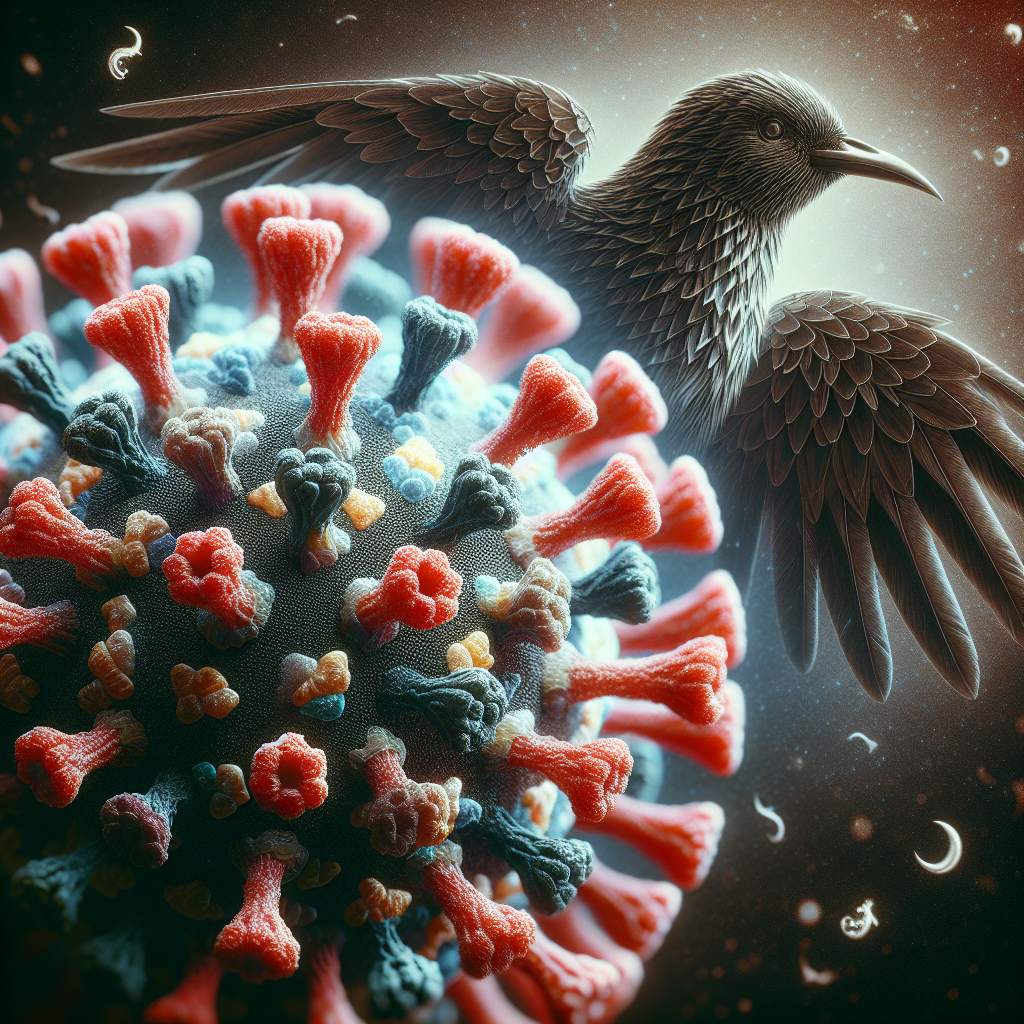Strengthening Surveillance Against H5N1: A Global Call
The World Health Organization is urging enhanced animal surveillance to curb the H5N1 bird flu spread. This includes monitoring wild birds and poultry to mitigate risk. Concerns are heightened as pigs, potential transmitters, have been infected. Human infection cases remain low and isolated among farm workers.

A call for enhanced monitoring has been issued by the World Health Organization to combat the spread of H5N1 bird flu. This animal surveillance, particularly in wild birds and poultry, is deemed crucial to prevent the transmission of the virus across species and to humans.
WHO epidemiologist Maria Van Kerkhove emphasized during an online press conference the necessity for improved global surveillance. The organization is collaborating with the World Organization for Animal Health and the Food and Agriculture Organization to boost these efforts.
Last month, the U.S. Department of Agriculture reported H5N1 in a pig in Oregon, highlighting concerns as pigs can host both bird and human viruses. This situation underscores a potential risk for a new, more contagious virus. However, the current global human risk is considered low.
(With inputs from agencies.)
ALSO READ
Brus, who led miserable life for 23 years, now have decent life in Tripura with water, healthcare, education: Shah at cooperative conference.
Centre scraps 'no detention policy' for classes 5 and 8 students who fail to clear year-end exams: Officials.
Hunan Tragedy: Suspended Death Sentence for Driver Who Targeted Schoolchildren
Trump's WHO Withdrawal: A Shift in Global Health Policy
Desi Bouterse, a dictator convicted of murder who twice ruled Suriname, has died at 79










